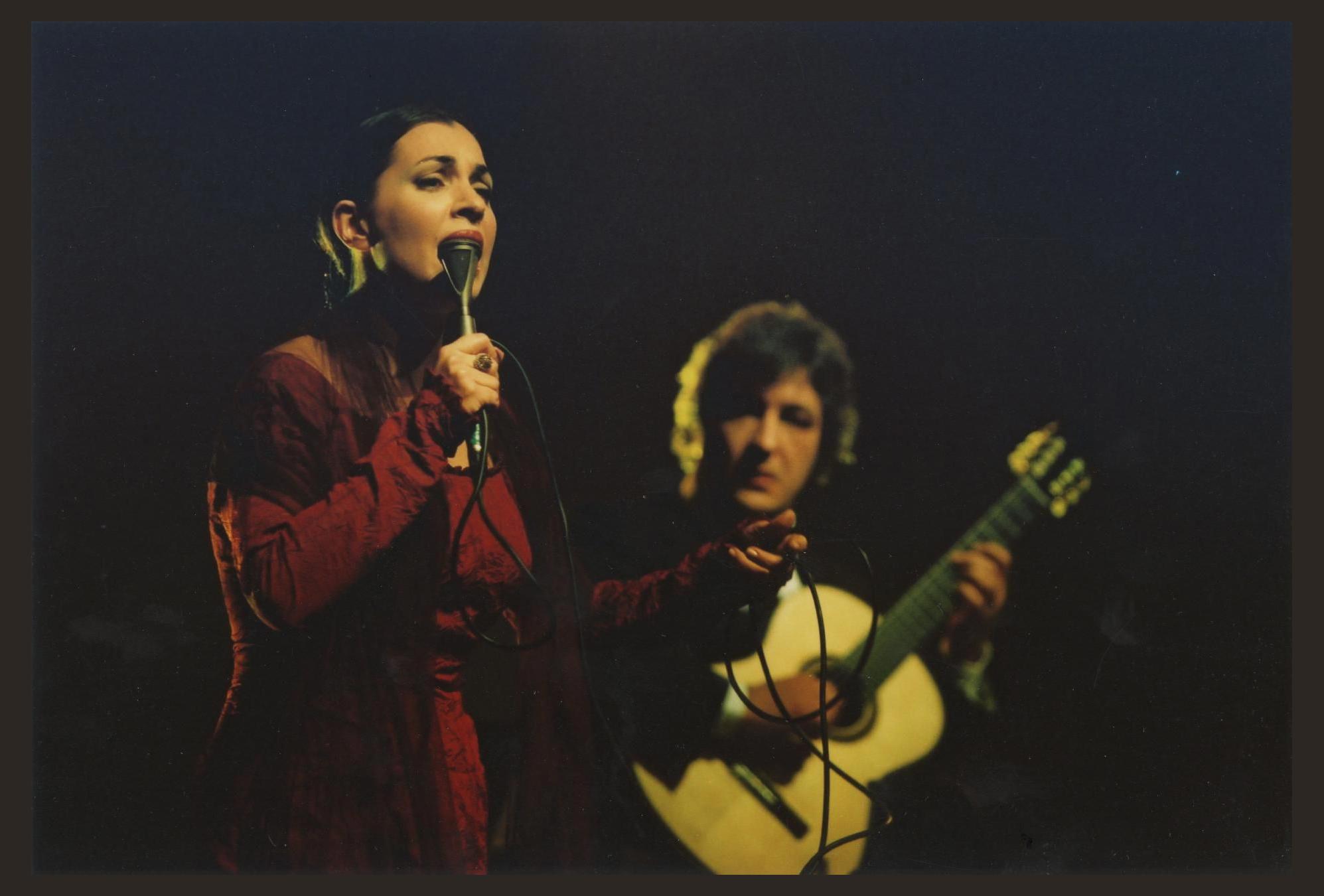 Madredeus
Madredeus
Madredeus: A Tapestry of Enchantment and Controversy
Amidst the vibrant tapestry of Portuguese music, Madredeus emerged as an enigmatic ensemble, captivating audiences with their ethereal melodies and evocative lyrics. Led by the enigmatic vocalist Teresa Salgueiro, the band's journey was marked by both artistic challenges and profound controversies.
Genesis and Early Years:
Formed in 1985 in Lisbon, Madredeus initially comprised Salgueiro, guitarist José Peixoto, accordionist Rodrigo Leão, and cellist Francisco Ribeiro. Their debut album, "Os Dias da Madre Deus" (1987), introduced their signature sound: a haunting blend of traditional Portuguese folk, classical influences, and ethereal atmospherics.
International Acclaim and Controversies:
As Madredeus's music gained international recognition, so too did their reputation for controversy. Their album "O Espírito da Paz" (1994) stirred controversy due to its inclusion of a song inspired by the then-taboo subject of homosexuality. Despite the backlash, Madredeus remained unafraid to explore sensitive themes, often drawing inspiration from marginalized communities.
The Voice of Teresa Salgueiro:
Teresa Salgueiro's ethereal voice became synonymous with Madredeus's sound. Her haunting melodies and introspective lyrics imbued their music with a profound sense of emotion and longing. Her evocative delivery captivated audiences, transcending language barriers and resonating with listeners from all walks of life.
Discography and Collaborations:
Throughout their career, Madredeus released a series of critically acclaimed albums, showcasing their musical evolution and collaborations with renowned artists. Their discography includes "Ainda" (1993), "Electrónico" (1997), and "O Pastor" (2000), which featured the iconic song of the same name.
The Challenge of Innovation:
As Madredeus gained popularity, they faced the challenge of balancing their signature sound with the need for innovation. While they remained rooted in their traditional influences, they experimented with electronic elements and unconventional instrumentation, seeking to push the boundaries of their musical expression.
Legacy and Influence:
Despite disbanding in 2007, Madredeus's legacy continues to resonate in contemporary Portuguese music. Their pioneering efforts in blending traditional and modern elements laid the groundwork for a new generation of musicians. Their music remains a testament to their artistry, courage, and the enduring power of storytelling through song.
Amidst the vibrant tapestry of Portuguese music, Madredeus emerged as an enigmatic ensemble, captivating audiences with their ethereal melodies and evocative lyrics. Led by the enigmatic vocalist Teresa Salgueiro, the band's journey was marked by both artistic challenges and profound controversies.
Genesis and Early Years:
Formed in 1985 in Lisbon, Madredeus initially comprised Salgueiro, guitarist José Peixoto, accordionist Rodrigo Leão, and cellist Francisco Ribeiro. Their debut album, "Os Dias da Madre Deus" (1987), introduced their signature sound: a haunting blend of traditional Portuguese folk, classical influences, and ethereal atmospherics.
International Acclaim and Controversies:
As Madredeus's music gained international recognition, so too did their reputation for controversy. Their album "O Espírito da Paz" (1994) stirred controversy due to its inclusion of a song inspired by the then-taboo subject of homosexuality. Despite the backlash, Madredeus remained unafraid to explore sensitive themes, often drawing inspiration from marginalized communities.
The Voice of Teresa Salgueiro:
Teresa Salgueiro's ethereal voice became synonymous with Madredeus's sound. Her haunting melodies and introspective lyrics imbued their music with a profound sense of emotion and longing. Her evocative delivery captivated audiences, transcending language barriers and resonating with listeners from all walks of life.
Discography and Collaborations:
Throughout their career, Madredeus released a series of critically acclaimed albums, showcasing their musical evolution and collaborations with renowned artists. Their discography includes "Ainda" (1993), "Electrónico" (1997), and "O Pastor" (2000), which featured the iconic song of the same name.
The Challenge of Innovation:
As Madredeus gained popularity, they faced the challenge of balancing their signature sound with the need for innovation. While they remained rooted in their traditional influences, they experimented with electronic elements and unconventional instrumentation, seeking to push the boundaries of their musical expression.
Legacy and Influence:
Despite disbanding in 2007, Madredeus's legacy continues to resonate in contemporary Portuguese music. Their pioneering efforts in blending traditional and modern elements laid the groundwork for a new generation of musicians. Their music remains a testament to their artistry, courage, and the enduring power of storytelling through song.